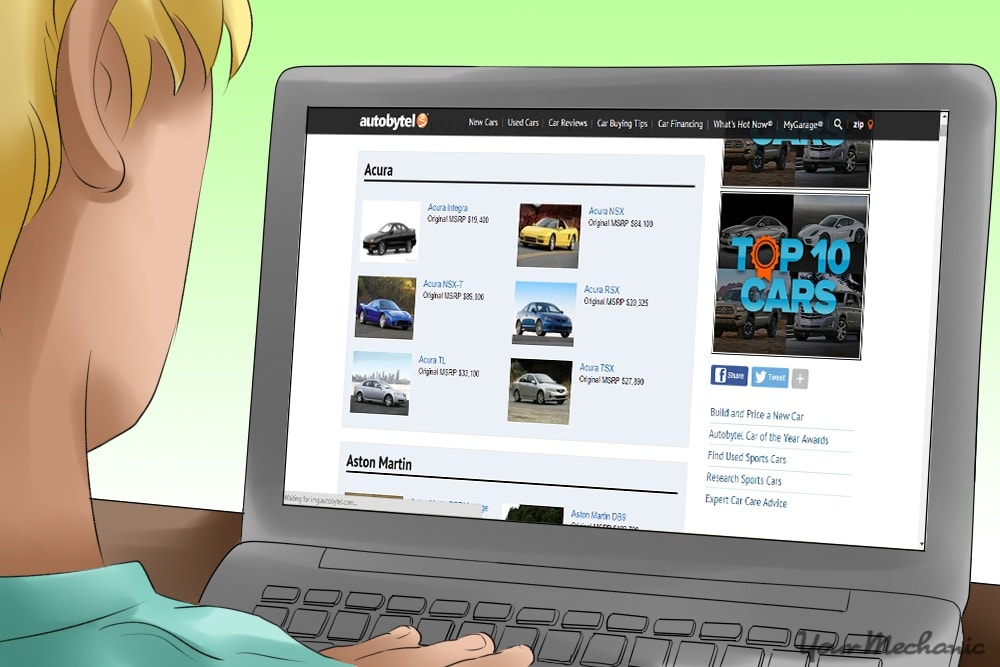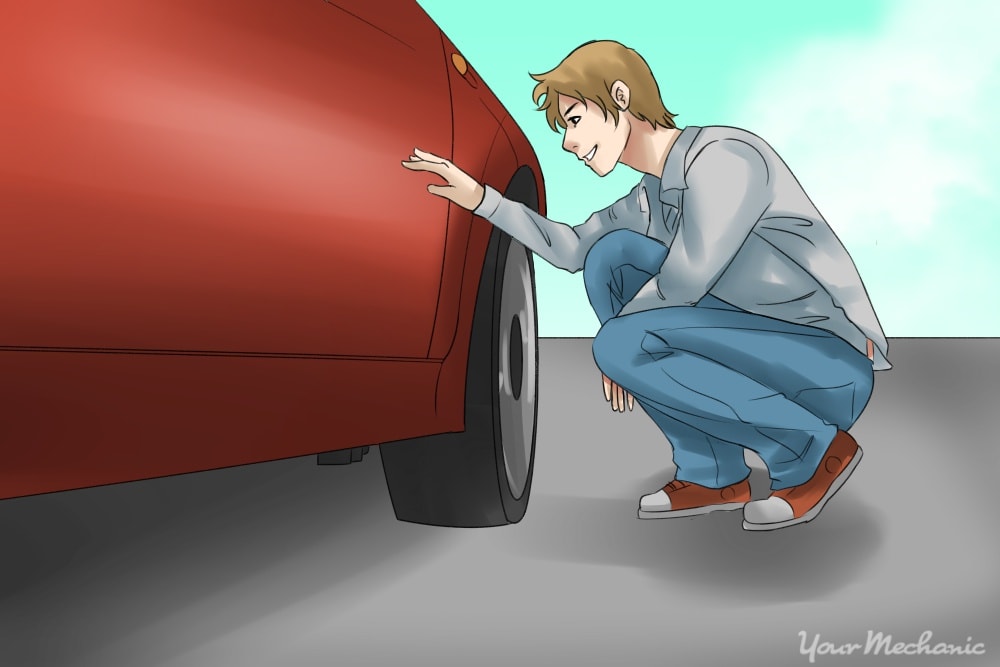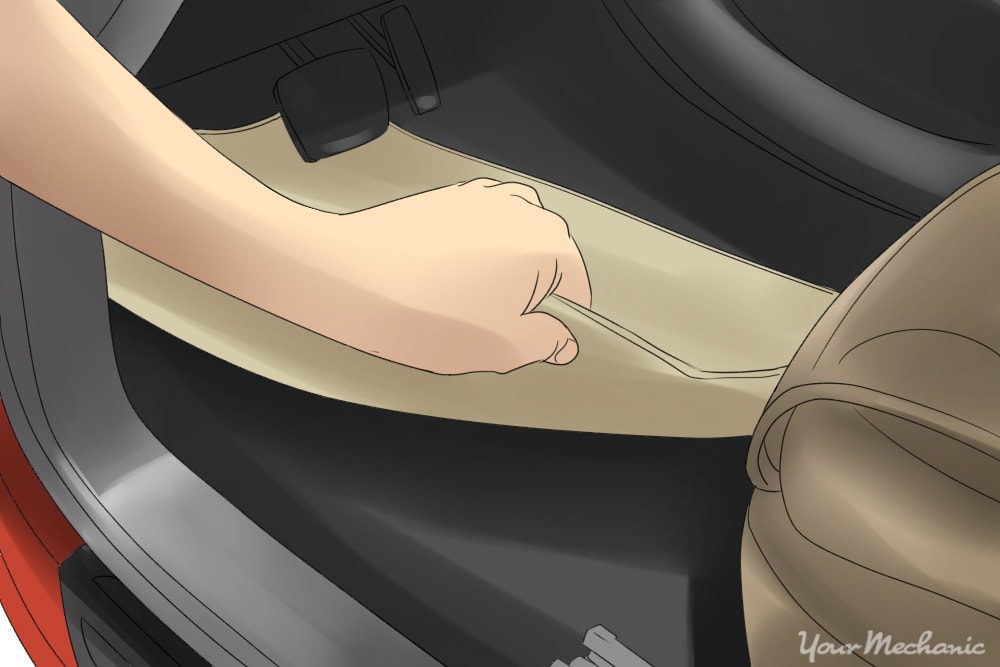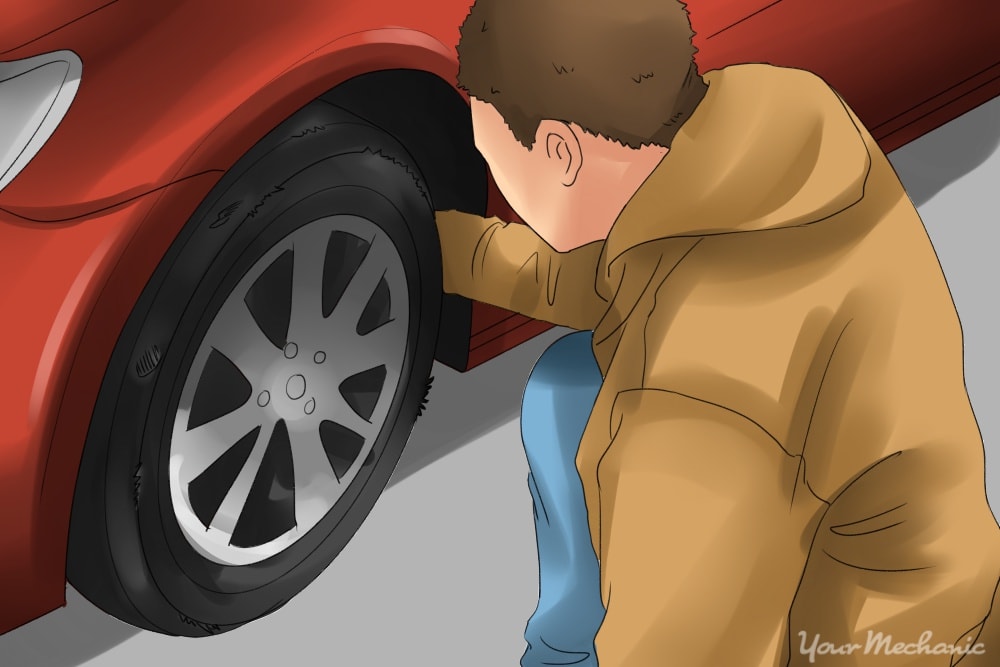

It happens to everyone. You’re cruising down the highway, minding your own business, when suddenly a sports car zips past you. For a moment, you think about what it would be like to ditch the weekend soccer-mobile, and trade up to a two-seater that goes from 0 to 60 mph in less than six seconds.
Then your practical side kicks in – to buy, own, and maintain a sports car is costly (and it’s hard to carry soccer balls). Before you know it, there goes that idea.
Or maybe not.
Savvy car buyers have found a way to have their cake and eat it too. Instead of buying a brand new sports car, they purchase a much less expensive (dare we say “cheap?”) used one.
But do you have what it takes to buy a used sports car? Of course you do.
Before you start your search, it’s important to define what the term “sports car” means to you. Is a sports car a two-seater that has minimal practical value other than helping you look cool, or are you looking for a muscle car that has a bit more practical value because it has a back seat for the kids?
Part 1 of 4: Decide on the car you want
Used sports cars come in all prices, shapes, and models. Here are some tips to begin your search:
Step 1: Set a budget. It’s important to remember that along with the purchase price there will be licensing fees, registration fees, insurance, and taxes. It’s wise to factor in repairs that may need to be made immediately as well as on-going maintenance.
Step 2: Make a list with two columns. Label column one “Like to have” and column two “I can live with this.” This list is helpful because as you see cars that pique your interest you’ll have alternatives at the ready, thus avoiding impulse buying.
For example, let’s say you have your heart set on a 2000 Porsche 911. You might discover it costs a bit more than you’re willing to spend. Maybe your “I can live with this” list includes a 2000 Boxster or Cayman, which run about half the price, and cost less to maintain.
Step 3: Consider a restoration project. If you’re the handy type, you might consider looking for a clunker, restoring it, and calling it a DIY project.
Step 4: Figure out the purpose of the car. Ask yourself how you’re likely to use the car. Will it become your everyday car? Or will it be your “road trip” car? The answers will likely sway your buying decision.
After you’ve established a budget, and identified the type of car you’d like, it’s time to start searching.
Part 2 of 4: Find the right car for you
Finding a good and inexpensive used sports car isn’t easy. Fortunately, there are a number of online resources that can help narrow your search:
Step 1: Look online. There are a number of online resources for you to check out.
- Autobytel.com
- Autotrader.com
- Cargurus.com
- Carfax.com
- Carmax.com
- Craigslist.com
- Edmunds
- Kelley Blue Book
Step 2: Search local rental car agencies. Another place to look is your local rental car agency. Many car agencies rent sports cars to people who want to rent something fun on getaway weekends. Some rental car agencies, such as Enterprise, operate lots where they sell used cars. Check them out - you might find a good deal.
Part 3 of 4: Once you’ve found your car
Once you’ve found a car you like it’s time to look it over.
Step 1: Inspect the vehicle's condition. Run your hand along the car to so you can feel any irregularities in the body. Are there unexpected bumps or dents? Does the car have any rust? Feel the dashboard and seats. Are there tears or irregularities?
Step 2: Check for water damage. Pull up the floor mats to make sure the car hasn’t suffered any water damage. Do you feel or smell any moisture or mold?
Step 3: Have the owner start the car. Does the engine sound OK? Are there any unusual knocks or pings? Ask the owner to run the engine at different RPMs to make sure the engine sounds the same.
Step 4: Try to detect any odors. Get into the car and take a whiff. Do you smell cigarettes? Mold? Are there any odors you can’t live with? Close the doors and windows, and sit in the car for a few minutes. Do any obnoxious smells magically appear with the windows up?
Step 5: Test all of the gadgets. Play with the gadgets - the radio, A/C, heater, electric seats and windows, seat belts, hood and trunk latches, and fobs - to make sure they work.
Step 6: Inspect tire wear. Check out the tires to make sure they’re wearing evenly. If they’re a little bald, you’ll be buying new tires soon. If the tires on one side are wearing faster than the other, the wheels could be out of alignment. Factor in a few more bucks to have the wheels re-aligned.
Part 4 of 4: Takin’ it to the streets
The most important part of choosing a used sports car is how it feels with you behind the wheel. Chances are you’ve been driving a practical car for several years, and while a sports car looks appealing, getting behind the wheel will answer the real question: is this the right car for me? If possible, drive the car along some winding roads to see how it handles, and take it on the highway to ensure that it accelerates smoothly.
When something new and shiny is sitting in front of you it’s tempting to make a snap decision, and buy it on the spot. But if you’re not an auto expert there could be some gremlins hiding in places where you can’t see them. Have the car inspected. YourMechanic offers a 150-point pre-purchase inspection of used cars. YourMechanic’s certified specialists inspect the dash, tires, fluids, brakes, engine and other parts of your vehicle. YourMechanic specialist will come to your home or office to make the inspection.
A final word – if you’re buying a high mileage used sports car at a price that is below fair market value, assume that everything will need to be replaced. If you don’t go into the deal with your eyes wide open it can be costly mistake.







